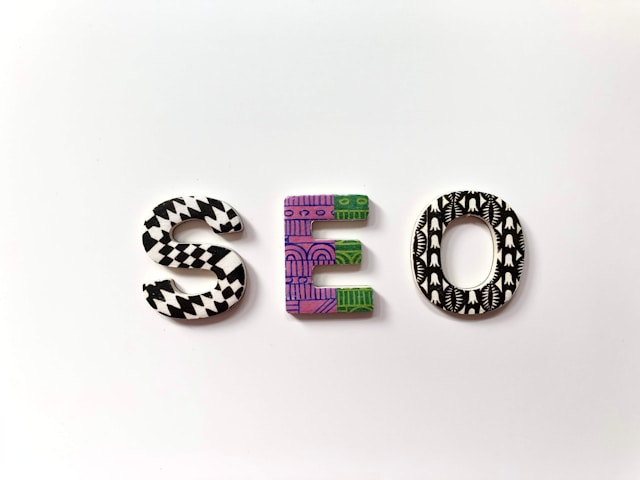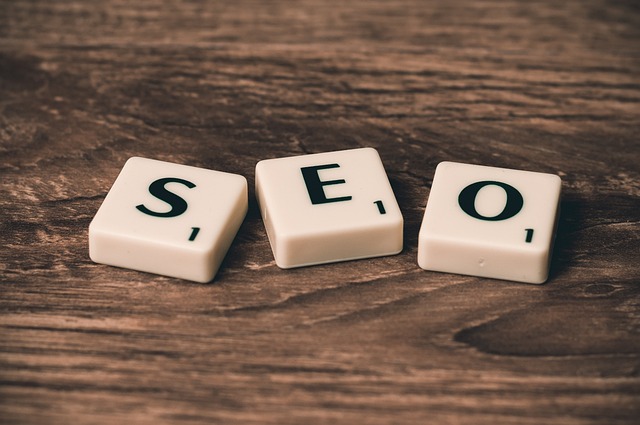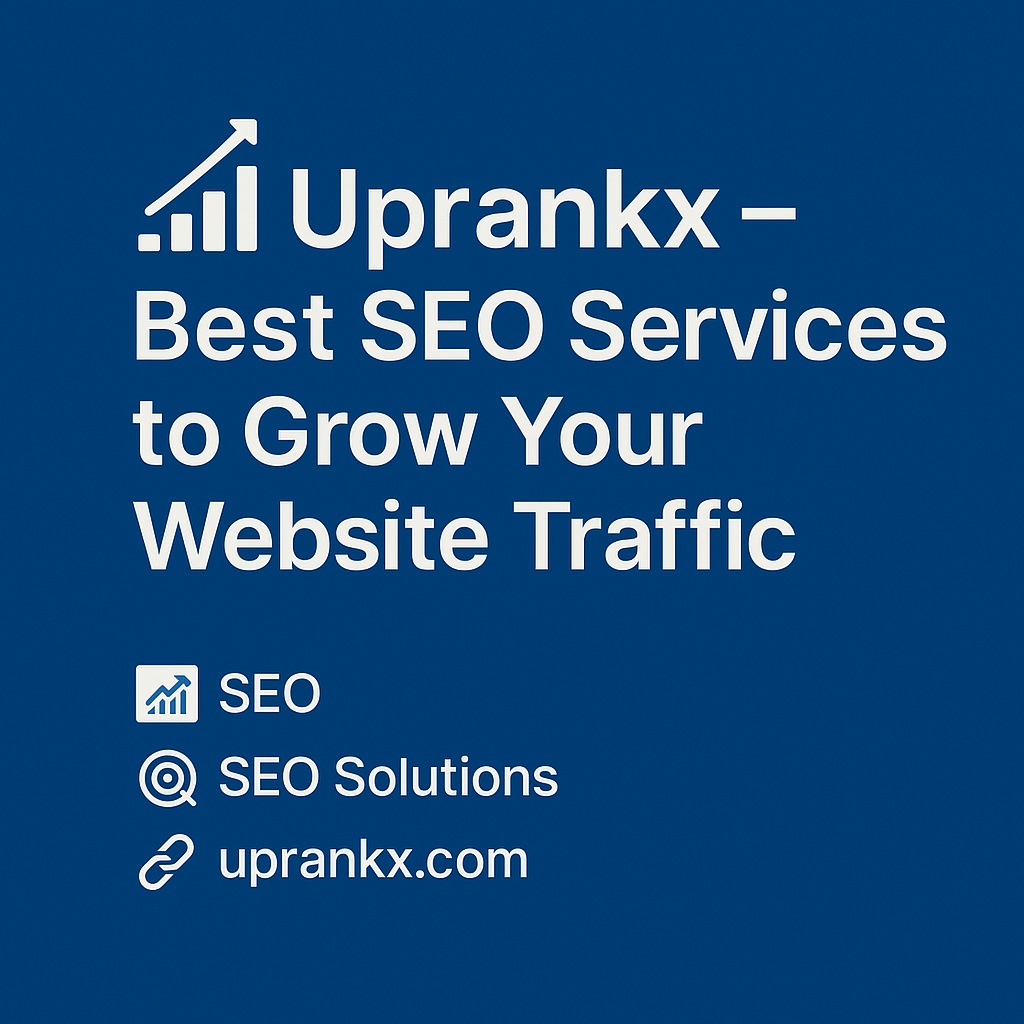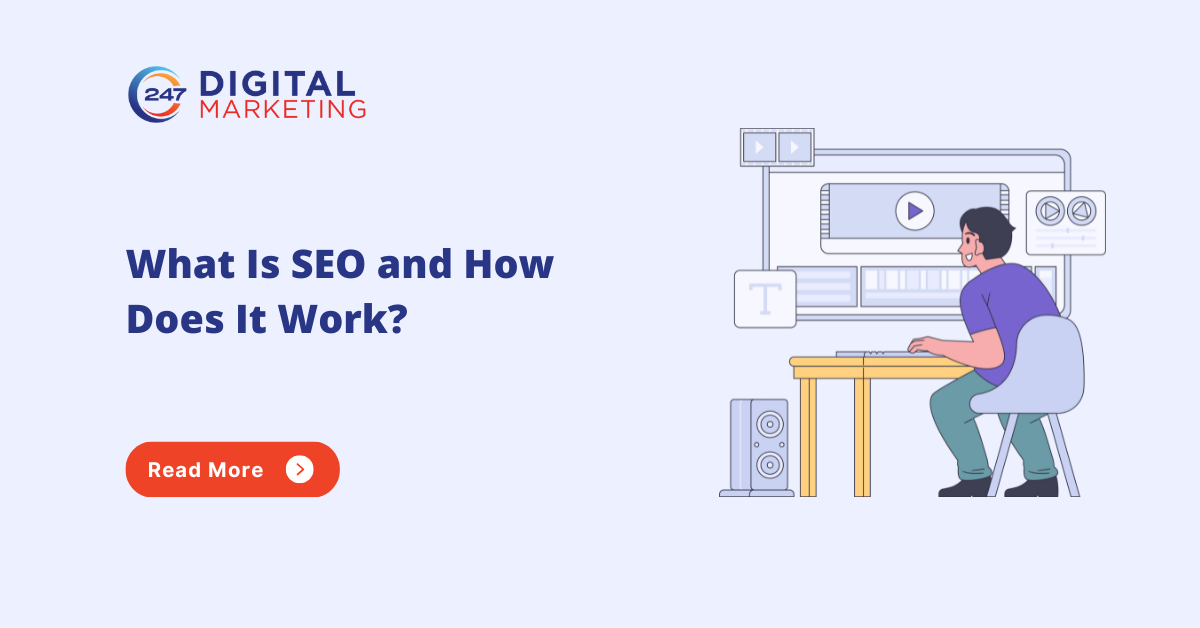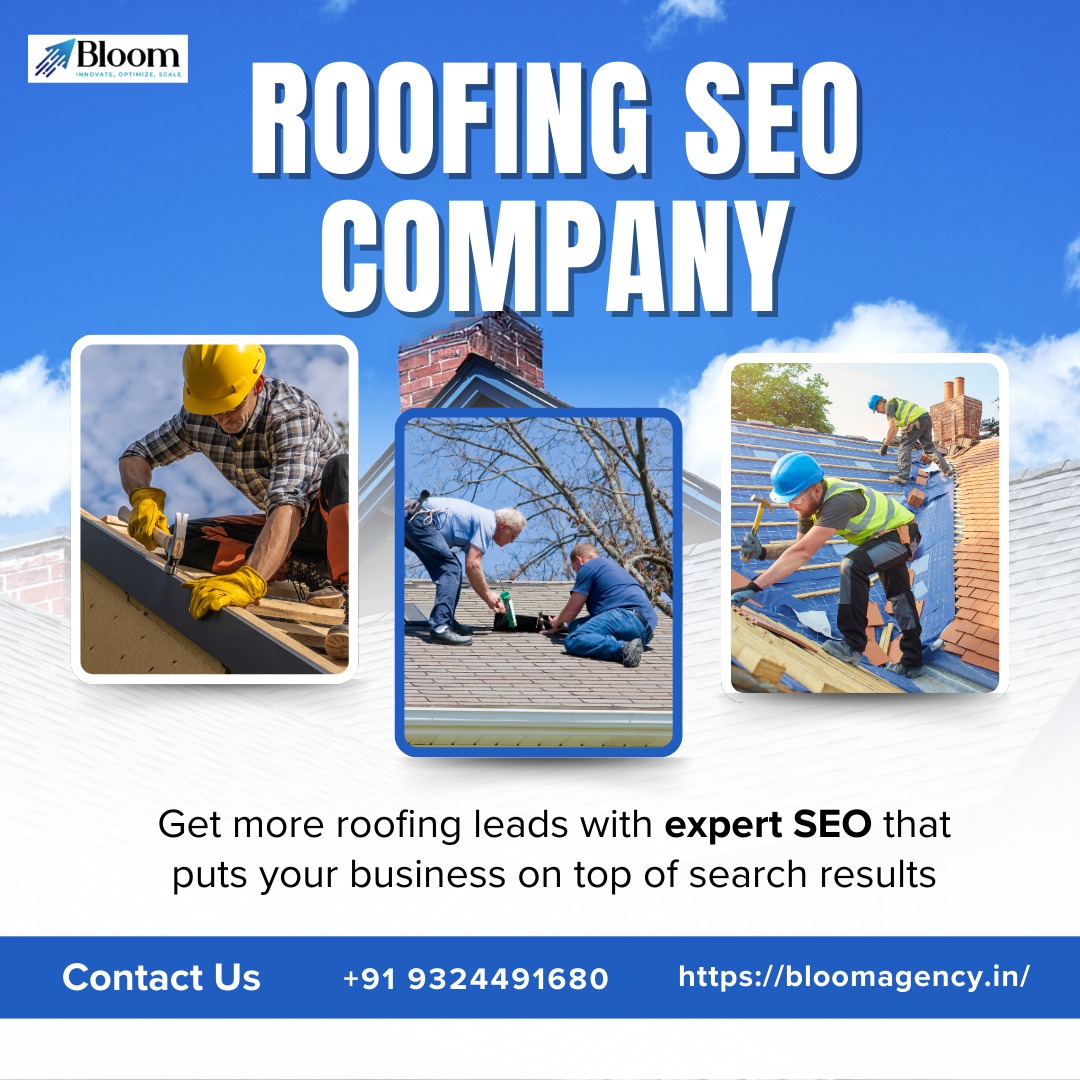Ecommerce SEO vs. PPC: Which is Better for Your Shopify Store?
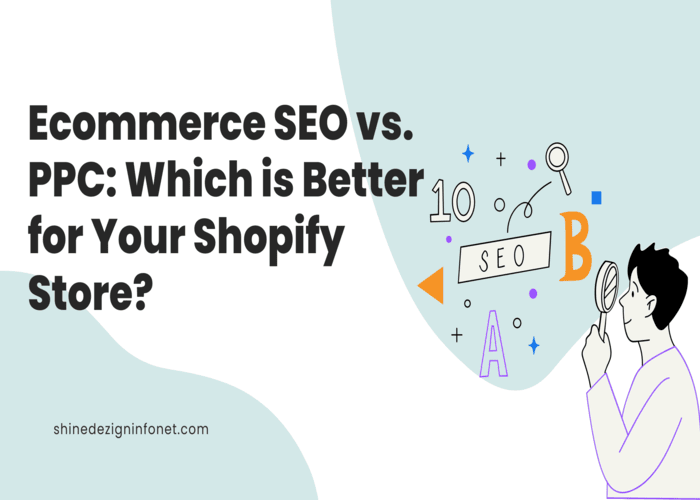
Strong 8k brings an ultra-HD IPTV experience to your living room and your pocket.
When it comes to growing your Shopify store, driving traffic and increasing sales are top priorities. Two of the most effective digital marketing strategies to achieve these goals are Search Engine Optimization (SEO) and Pay-Per-Click Advertising (PPC). Both approaches offer unique benefits and challenges, and choosing the right one—or the right combination—depends on your business objectives, budget, and timeline. In this comprehensive guide, we’ll dive into the key differences between Ecommerce SEO and PPC, explore their strengths and weaknesses, and help you determine the best strategy for your Shopify store.
Understanding Ecommerce SEO
Ecommerce SEO is the process of optimizing your Shopify store to rank higher on search engine results pages (SERPs), such as Google, Bing, or Yahoo. The primary goal is to attract organic traffic—visitors who find your store through unpaid search results—by improving your site’s visibility. SEO involves a combination of strategies, including keyword research, on-page optimization, technical enhancements, and content creation, all tailored to align with search engine algorithms.
Benefits of Ecommerce SEO
- Cost-Effective Long-Term Growth: Unlike paid ads, organic traffic from SEO doesn’t require ongoing payments per click. Once your Shopify store ranks well for relevant keywords, you can attract consistent traffic without additional costs. Over time, this leads to a higher return on investment (ROI) compared to PPC.
- Builds Brand Trust and Credibility: Studies show that users trust organic search results more than paid ads. Ranking high on Google signals authority and reliability, encouraging potential customers to choose your store over competitors.
- Sustainable Traffic: A well-optimized Shopify store can maintain high rankings for months or even years with regular maintenance, providing a steady stream of visitors without continuous ad spend.
- Targets High-Intent Customers: SEO focuses on optimizing for keywords that reflect user intent. For example, someone searching for “best running shoes for women” is likely closer to making a purchase than a casual browser, making SEO traffic highly valuable.
Challenges of Ecommerce SEO
- Time-Intensive: SEO is a long-term strategy. It can take weeks or months to see significant improvements in rankings, especially for competitive keywords. Patience and consistent effort are essential.
- Algorithm Changes: Search engines frequently update their algorithms, which can impact your rankings. Staying up-to-date with these changes and adapting your strategy requires ongoing effort and expertise.
- High Competition: Ecommerce is a crowded space, and ranking for popular keywords like “women’s clothing” or “electronics” is challenging. Competing with established brands often requires advanced strategies and professional support from a Shopify SEO company.
- Technical Expertise: SEO involves technical aspects like optimizing site speed, improving mobile responsiveness, and fixing crawl errors. These tasks can be complex for store owners without technical knowledge.
Key SEO Strategies for Shopify
To succeed with SEO, focus on the following areas:
- Keyword Research: Identify high-intent, low-competition keywords relevant to your products using tools like Google Keyword Planner or Ahrefs.
- On-Page Optimization: Optimize product pages, titles, meta descriptions, and URLs with target keywords.
- High-Quality Content: Create blog posts, guides, and product descriptions that provide value to your audience and incorporate keywords naturally.
- Backlink Building: Earn authoritative backlinks from reputable websites to boost your domain authority.
- Technical SEO: Ensure your Shopify store is fast, mobile-friendly, and free of technical issues like broken links or duplicate content.
Understanding PPC for Shopify
PPC advertising involves placing paid ads on platforms like Google Ads, social media (e.g., Facebook, Instagram), or other ad networks. You pay a fee each time a user clicks on your ad, hence the name “Pay-Per-Click.” PPC is a powerful tool for Shopify store owners looking to drive immediate traffic and sales.
Benefits of PPC Advertising
- Instant Results: Unlike SEO, PPC delivers immediate visibility. Once your campaign is live, your ads can appear at the top of search results or on social media feeds, driving traffic within hours.
- Highly Targeted: PPC platforms allow you to target specific demographics, locations, interests, and even behaviors. For example, you can show ads to users who recently searched for products similar to yours or visited your website.
- Flexibility and Control: PPC campaigns offer full control over budget, ad copy, and scheduling. You can pause, adjust, or scale campaigns based on performance or business needs.
- Ideal for Short-Term Goals: PPC is perfect for promoting seasonal sales, product launches, or limited-time offers, as it drives quick results.
Challenges of PPC Advertising
- High Costs: PPC can be expensive, especially for competitive keywords in ecommerce. Bidding wars for popular terms can drive up costs, eating into your budget.
- Temporary Traffic: Unlike SEO, PPC traffic stops as soon as you pause or end your campaign. This makes it less sustainable for long-term growth.
- Ad Fatigue: Users may ignore ads if they see them repeatedly, reducing click-through rates over time. Refreshing ad creatives regularly is essential to maintain engagement.
- Learning Curve: Effective PPC requires expertise in keyword selection, bid management, and ad optimization. Without proper management, you risk wasting your budget on low-performing ads.
Key PPC Strategies for Shopify
To maximize PPC success, consider these tactics:
- Keyword Targeting: Use a mix of broad, phrase, and exact-match keywords to capture a wide audience while focusing on high-intent searches.
- Ad Copy Optimization: Write compelling ad copy with clear calls-to-action (CTAs) and highlight unique selling points like discounts or free shipping.
- Retargeting: Show ads to users who previously visited your store or abandoned their carts to re-engage potential customers.
- Split Testing: Test different ad creatives, headlines, and landing pages to identify what drives the best conversions.
- Landing Page Optimization: Ensure your landing pages are relevant, fast-loading, and optimized for conversions to maximize ROI.
SEO vs. PPC: Which is Right for Your Shopify Store?
Choosing between SEO and PPC depends on your business goals, budget, and timeline. Here’s a breakdown to help you decide:
Choose SEO If:
- You’re focused on long-term growth and sustainability.
- You want to build brand authority and trust.
- Your budget is limited, and you prefer cost-effective strategies.
- You’re willing to invest time in optimizing your store for organic traffic.
Choose PPC If:
- You need immediate traffic and sales, such as for a product launch or seasonal promotion.
- You have a dedicated ad budget to spend on campaigns.
- You want to test new products or markets quickly.
- You’re a new Shopify store looking to gain visibility while building your SEO foundation.
The Power of Combining SEO and PPC
For most Shopify stores, the best approach is to combine SEO and PPC for maximum impact. Here’s why:
- Immediate and Long-Term Results: PPC drives instant traffic while SEO builds a foundation for sustainable growth. This dual approach ensures your store stays visible now and in the future.
- Data Synergy: PPC campaigns provide valuable data on keywords, audience behavior, and conversions, which can inform your SEO strategy. For example, high-performing PPC keywords can be targeted in your SEO content.
- Increased Visibility: By appearing in both paid and organic search results, you dominate the SERPs, increasing the likelihood of clicks and conversions.
- Retargeting Opportunities: Use PPC retargeting to re-engage visitors who found your store through organic search but didn’t convert.
Working with Shopify Experts
Navigating SEO and PPC can be overwhelming, especially for busy store owners. Partnering with Shopify experts or a Shopify SEO company can streamline your efforts and maximize results. Experts can:
- Conduct in-depth keyword research to identify high-value opportunities.
- Optimize your Shopify store for speed, mobile responsiveness, and conversions.
- Create and manage PPC campaigns with precise targeting and budget control.
- Implement advanced tracking tools to measure performance and ROI.
- Integrate automation tools to save time and improve efficiency.
Final Thoughts
Both Ecommerce SEO and PPC are essential tools for growing your Shopify store. SEO offers sustainable, cost-effective growth and builds long-term brand authority, while PPC delivers instant traffic and sales for short-term goals. The key to success lies in understanding your business needs and finding the right balance between the two. For new stores, PPC can provide a quick boost while SEO efforts gain traction. For established stores, SEO ensures consistent traffic, while PPC supports promotions and retargeting.
To take your Shopify store to the next level, consider working with a Shopify SEO company or PPC experts to create a tailored marketing plan. By leveraging the strengths of both SEO and PPC, you can drive more traffic, increase conversions, and build a thriving ecommerce business in today’s competitive digital landscape.
Note: IndiBlogHub features both user-submitted and editorial content. We do not verify third-party contributions. Read our Disclaimer and Privacy Policyfor details.



